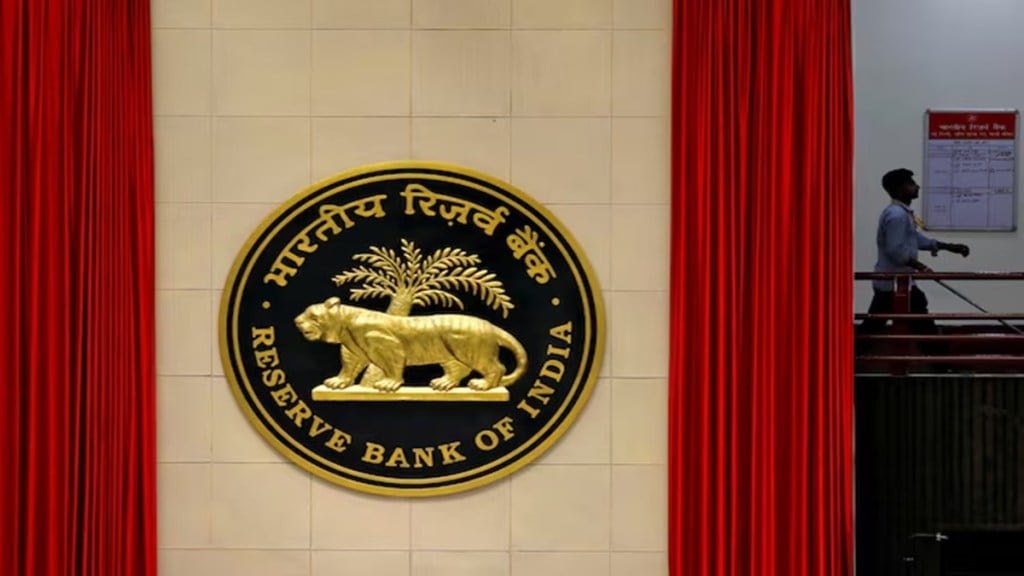By Viral Mehta & Khyati Dalal
Two recent regulatory developments have brought the role of board observers into the spotlight. A few months back, the Competition Commission of India (CCI) amended the rules that exempted combinations from its notification requirement. Previously, to qualify for an exemption, acquirers could not acquire any special rights in the target entity—rights unavailable to ordinary shareholders. These special rights included the full range of contractual rights such as director and observer rights, as well as information and inspection rights. However, the only explicitly specified right in the old regulations was the right to appoint a director. The CCI’s new exemption rules now explicitly include the right to appoint a board observer. This move clearly indicates that the CCI sees no differentiation between directors and board observers when it comes to the ability to exert ‘material influence’ over the management and affairs of the target entity.
The Reserve Bank of India (RBI) seems to have gone a step further. A few days ago, it was reported that the central bank instructed various non-banking financial companies (NBFCs) to remove observers from their boards and instead consider appointing them as directors. The RBI’s stand has caught investors, who currently have appointed board observers in NBFCs, by surprise. Considering these developments, it is crucial to assess the role that board observers play within a company.
Board observers are generally appointed by investors to exercise oversight over their portfolio companies. An observer right is a contractual one that companies grant to investors so that they can monitor their investment. Observers perform similar functions to directors, such as attending board meetings and participating in board discussions. They are also entitled to receive information that is sent to directors prior to a board meeting. The key difference between them is that, unlike directors, observers do not have any voting rights. Since they cannot vote on board matters, they hold no responsibility for the board’s decisions. Hence, no liability can be attached to them when these decisions go wrong. It is this aspect that seems to have irked the RBI. The central bank views their position as being akin to that of directors, but because they are not subject to the duties imposed on directors, they can avoid liability when things go wrong.
The duties of directors are established by law. The Companies Act, 2013 (Companies Act) mandates that they exercise independent judgement, along with reasonable care, skill, and diligence, and avoid conflicts of interest. Directors of NBFCs have additional responsibilities, some of which are even more onerous than those imposed by the Companies Act. For instance, the RBI’s regulatory framework for NBFCs requires NBFCs to have a board-approved policy to ensure directors meet the ‘fit and proper’ criteria. The framework also requires directors to sign an undertaking and a deed of covenants that outline their specific duties and obligations. As a result, being a director of an NBFC comes with significant potential consequences if issues arise. Conversely, board observers are considered a safer option, as they are not liable for such responsibilities. Nonetheless, liability concerns are not always the primary reason that investors opt to be observers instead of directors. In fact, most investors nowadays require their portfolio companies to maintain a robust directors and officers insurance policy. Consequently, they don’t view director liability as a substantial risk that would lead them to forgo board participation rights entirely. There are other reasons that sometimes prompt them to choose observers over directors.
Take, for example, an NBFC that already has multiple existing investors and desires to raise further capital from a new investor. The new investor wants the right to appoint a director, but the NBFC is unwilling to grant it either because its investment is relatively small, or the board is too large to accommodate another member. In this situation, while the new investor favours obtaining a board seat, it is the NBFC that is opposed to this arrangement. As a result, the NBFC needs to carry out a balancing act. Negotiations can get tricky and go either way depending on the bargaining power of the parties. If neither party is willing to budge, an observer right can be a useful tool to break the impasse and achieve an acceptable outcome for both parties. Therefore, rather than adopting an all-or-nothing approach, the RBI could consider permitting cases in which there may be a legitimate need to grant observer rights to get the deal over the line.
The other concern with the RBI’s stand is that it may require NBFCs to renegotiate closed deals. NBFCs may have to reopen negotiations and convince their existing investors to forgo their observer rights. They may even need to recast their board’s composition if the investors insist on a directorship in exchange for relinquishing their observer rights. Hence, to avoid upsetting settled transactions, it may be prudent for the RBI to clarify that its stand is prospective in nature and will not impact past transactions.
NBFCs have to tackle the perennial issue of raising capital at frequent intervals to grow. Imposing such restrictions could complicate their efforts to attract investors willing to provide essential funding for growth. Therefore, a more measured approach by the RBI might be favourable for both investors and NBFCs, such as prescribing notification or approval requirements for appointing board observers or placing a limit on the number of board observers an NBFC is allowed to have. However, at present, the RBI’s message to investors of NBFCs seems to be clear: either take a board seat or have no board presence at all. It does not see any middle ground between these two extremes.
The authors are with Nishith Desai Associates.
Disclaimer: Views expressed are personal and do not reflect the official position or policy of FinancialExpress.com. Reproducing this content without permission is prohibited.


